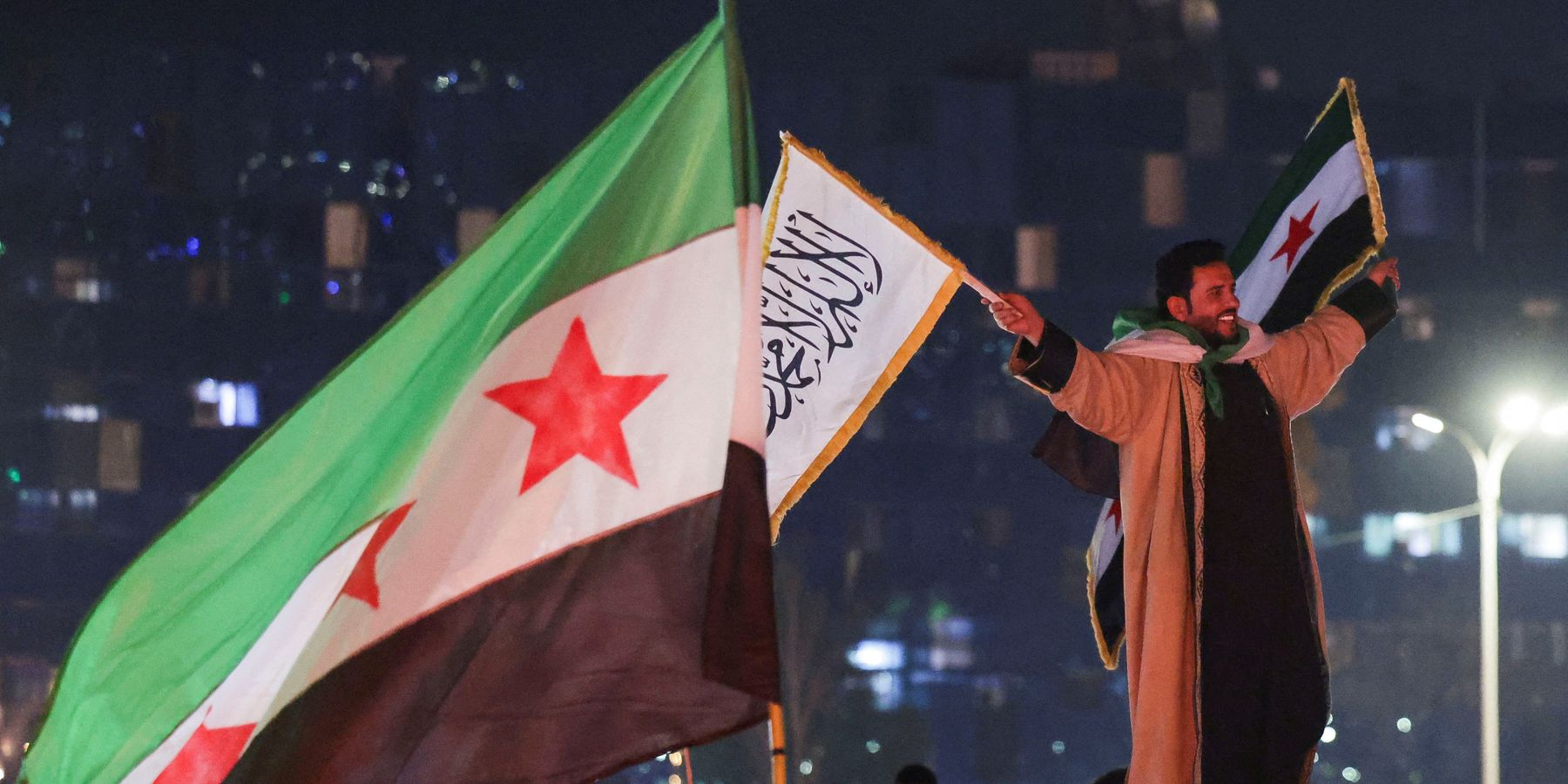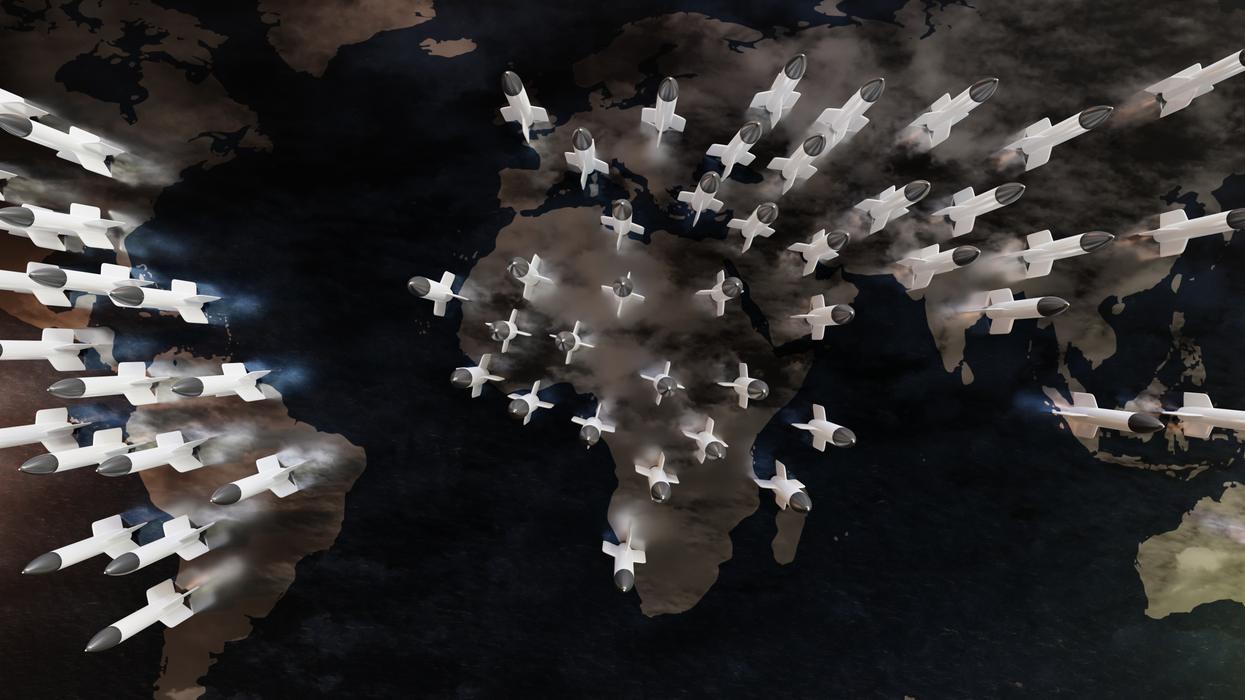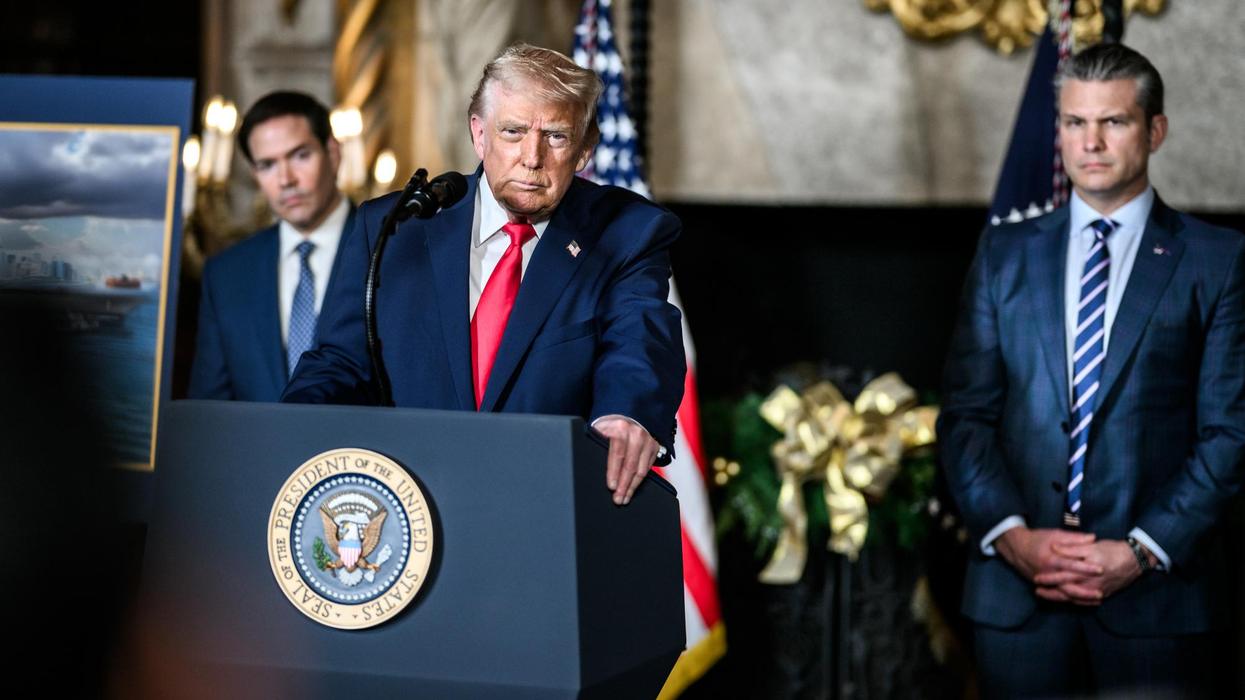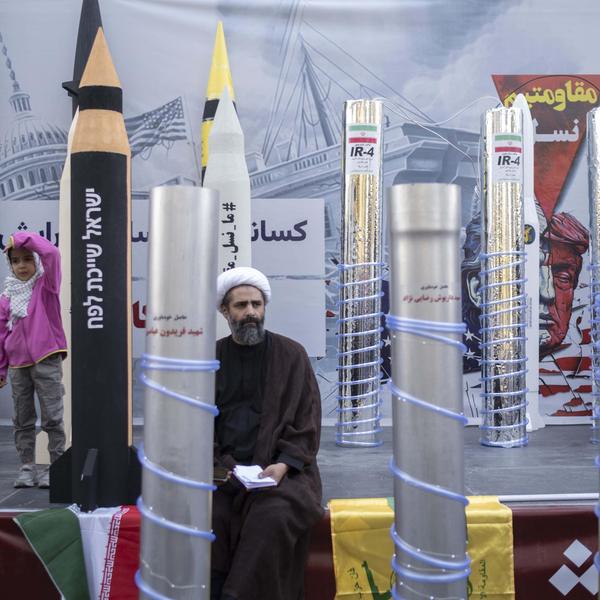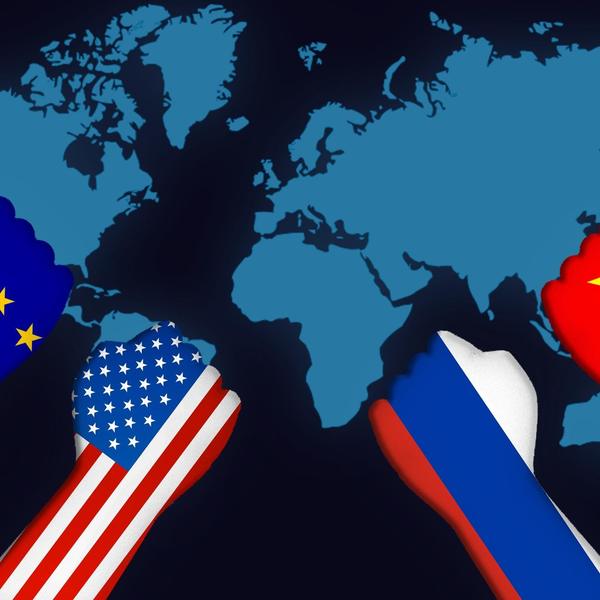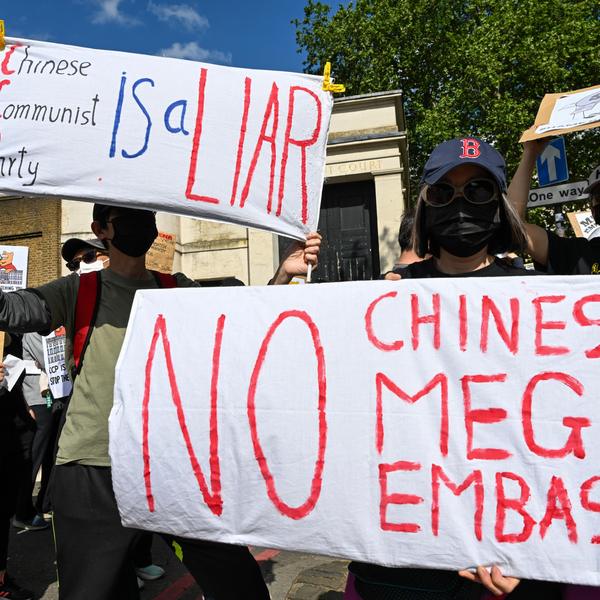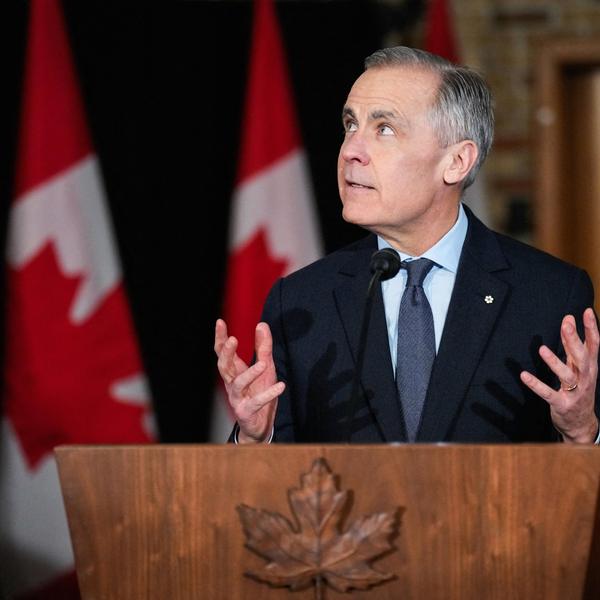Amid all of the violence on the Syrian coast this week, there was one development Monday that may reduce the chaos in the northeast: the new Sunni leadership has struck a deal with the Kurdish-led Syrian Defense Forces to merge with the central government in Damascus.
This is big, since the Kurds had been fighting throughout the Syrian civil war to stake out independent territory in the north. Not only had they been clashing with the former Assad regime, but up until now, with Turkish-led forces, which had vowed to destroy them. More importantly they sit on the oil and gas fields that are critical to a new Syrian economy. And, they have been the benefactors of U.S. military assistance the entire time. That includes airpower and reportedly 2,000 troops sitting in the middle of the conflict who should be coming home, say critics who increasingly see the mission as ill-defined, dangerous, and not in the U.S. interest.
"With Syria’s territorial control restored under a central government backed by Turkey, the case for keeping U.S. troops there to fight ISIS is weaker than ever," said the Quincy Institute's Adam Weinstein, who surmises that the U.S. likely played a role in mediating the SDF agreement with Syria's new interim president, Ahmed al-Sharaa, who hails from the former al-Qaeda-linked rebel group, Hayat Tahrir al-Sham (HTS). He is currently battling accusations that militias linked to his government have been rampaging through villages killing Assad "loyalists" that include hundreds if not thousands of Alawite civilians.The violence had been sparked by government clashes with opposition fighters late last week.
Details of the deal reportedly struck between al-Sharaa's government and SDF were still emerging Tuesday morning, but the outline is this: the Kurdish forces will integrate “all civil and military institutions” into the new Syrian state by the end of the year (it is not clear whether they will remain together as a separate division/units), including the oil and gas fields. According to the New York Times, the SDF will be expected to "to help Damascus combat remnants of the Assad regime." They are also being promised inclusion in the new political process — of course that pledge is already being tested by the violence by Islamist militias on the coast today.
"One must hope the Kurds will enjoy lasting peace thanks to this deal, but one must also be skeptical of the enigmatic Mr. al-Sharaa, especially after the bloodshed in Syria's coastal regions," points out John Allen Gay, director of the John Quincy Adams Society.
However, he added, "the new deal between the Kurds and the authorities in Damascus opens space for America to withdraw from Syria. We did not come to Syria to establish Kurdish autonomy in the northeast. We came to destroy ISIS, and we destroyed ISIS years ago."
Washington has used both its Kurdish partners and battling ISIS as excuses to stay in the country. Indeed, the SDF has helped the U.S. with those ISIS remnants, while the U.S. has helped maintain the Kurds territorial claims, which include the energy resources, and the prisons that hold thousands of Islamic State fighters. “Concerns may still remain over ISIS prisoners in Al Hol and the potential infiltration of Iran-backed militias," said Weinstein, referring to sporadic attacks against the U.S. outposts in Syria and Iraq by Iranian-supported groups — attacks that have been dramatically reduced over the last year.
Anything can happen in year, and the instability in Damascus suggests that anything can happen to this deal even in a day. If the agreement holds, and Kurds have reason to celebrate as they were, reportedly, in the streets yesterday, the U.S. will have to manufacture more reasons — a larger ISIS threat? — to stay, if it wants to. Or, as President Donald Trump has suggested, it might just be time to leave.

